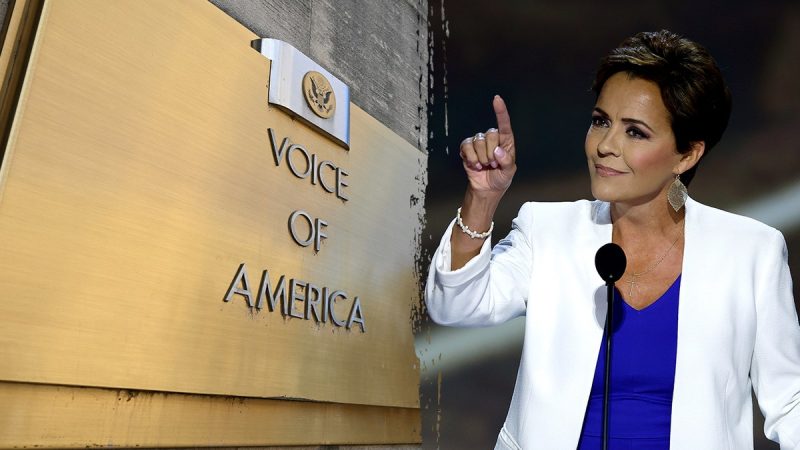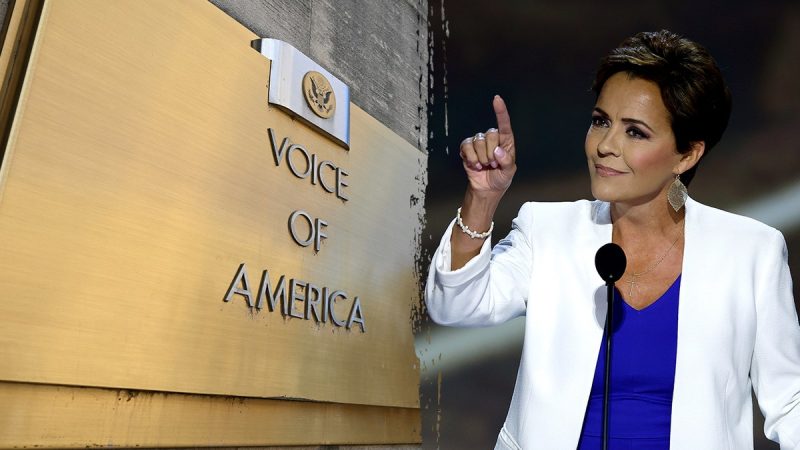
U.S. District Judge Royce Lamberth has blocked a new wave of terminations at Voice of America, offering harsh words for Kari Lake and saying the Trump administration’s conduct in his case would support civil contempt proceedings, if only the plaintiffs had asked.
In the 19-page ruling, Judge Lamberth halted the mass reduction in force at the U.S. Agency for Global Media (USAGM) and issued a warning that cuts would ‘cement’ VOA’s failure to meet legal obligations to provide reliable news.
Lamberth’s list of failures included statutory violations involving VOA shutting down mandated language services despite clear congressional directives.
He stated that VOA acknowledged its ‘radio presence’ had shrunk to a single 30-minute daily program in Dari and Pashto, leaving gaps in coverage for nations like North Korea and China.
Kari Lake was called out for admitting under oath that she hadn’t ‘given it a lot of thought’ whether Africa qualifies as a ‘significant region of the world’ under the law and confirmed VOA produces no programming for South America.
And Lamberth accused the Trump administration of misleading the court, going as far as to call it incredible to suggest the RIF was ‘uncertain’ while evidence showed it was already in motion.
The RIF notices covered both VOA and USAGM employees, and Lamberth rejected the government’s attempt to carve out non-VOA staff.
He accused Lake and her team of ‘thumbing their noses at Congress’s commands’ and showing ‘brazen disinterest’ in statutory duties — strong language worth including.
The contempt warning wasn’t just about tone; it was also tied to their failure to produce required documents about future RIFs, despite court orders.
Overall, the order keeps VOA’s workforce intact through Oct. 14, when Lake will be forced to work with her team to file a plan showing how they will restore the legally required programming.
The judge warned that their ‘disrespect’ for other rulings would have been enough to trigger a contempt trial.
‘Equity is allergic to rigidity,’ Lamberth wrote, pointing out the court’s power to stop executive overreach.
